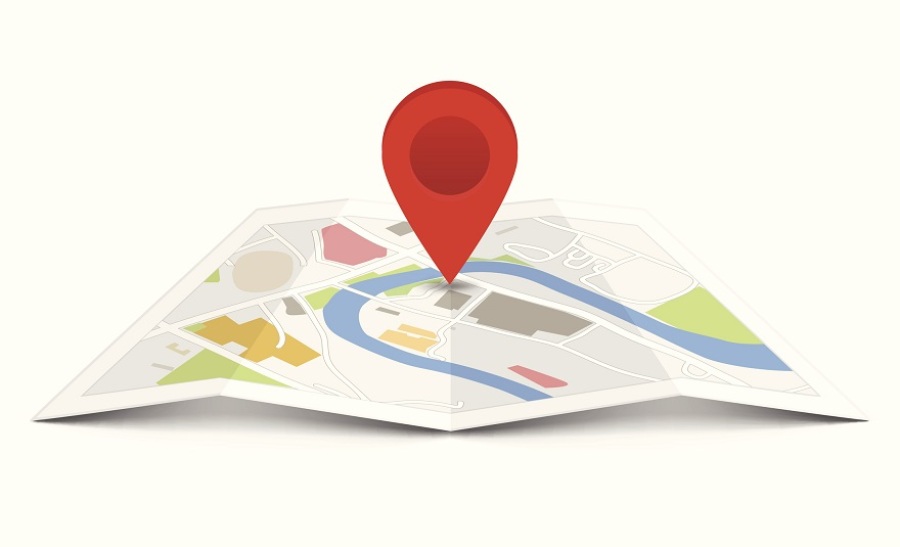
When you buy a franchise, you’re buying real estate. But, I’m not talking about buying an actual building. Instead, I’m referring to the geographical area you get as a franchisee. Your territory. Your "real estate."
Franchise Territories
In franchising, territories are defined in a couple of different ways. One of the most common ways to define a territory: zip codes. Closely related; by county.
Another way franchisors define a territory is with demographics. The right demographics for the type of franchise opportunity they’re offering. For example, the number of households with an income of $100,000+, or maybe the number of households with young children.
B2B (business to business) franchises are a different matter. Their territories are normally defined by the number of businesses in the area.
To find out territory information on the franchise opportunities you’re interested in, ask your franchise development representatives.
Will You Get an Exclusive Territory?
Some franchisors grant "exclusive territories" to franchisees. This gives franchisees an opportunity to control a specific area, and to assure them that no other franchises will be sold in their territory. In other words, the franchisees are “protected.” Well, at least they sound like they’re protected.
But, there’s something else you need to know about territory, and it has to do with exclusive vs. protected. From franchise attorney, Jeffrey M. Goldstein:
“Although they are often used interchangeably, ‘exclusive’ and ‘protected’ can actually have different meanings in the franchise context. If your franchise territory is truly exclusive, your business should be the only source of the franchisor’s goods or services in the territory. On the other hand, if your territory is merely protected, then your franchise agreement may authorize certain forms of competition, such as franchisor sales through alternative channels of distribution i.e. the internet.”
The bottom line: Make sure you have a complete understanding of what your territory includes, and doesn’t include, before you become a franchisee.
The Importance of Owning a Good Territory
You only get one chance to obtain a good territory, so get the best one you can.
Basically, you want an area that has plenty of room for growth, so you can reach your financial goals. One where the economic conditions are good, along with a large number of consumers who can and will purchase your products or services.
But, how can you get the type of data you need to ensure your territory is up to snuff?
One thing you can do is locate the nearest Small Business Development Center. (SBDC)
Funded in part through a partnership with U.S. Small Business Administration, SBDCs have advisors on staff who provide would-be and even current small business owners a variety of free business consulting services, including market research assistance. Go here to see where the closest one is.
Talk to Franchisees
As you do your research, which includes talking to a lot of franchisees, make sure you ask them about territory. Here are a few questions to ask:
- Did you get your first choice of territory?
- Is your territory large enough for you to reach your income goals?
- Are you thinking of buying another territory?
- Do you have any tips that will help me get the best territory I can?
Remember, the territory you get is permanent.
Make sure it’s large enough, and that it has the right demographics for your business, so you can increase your chances of success as a franchise owner.
The Franchise King®, Joel Libava, is a top franchise expert. He’s written over 2,000 different articles on franchise ownership and personally consults with people who are looking to buy a profitable franchise. Go here to find out how The Franchise King® can help you become your own boss.














